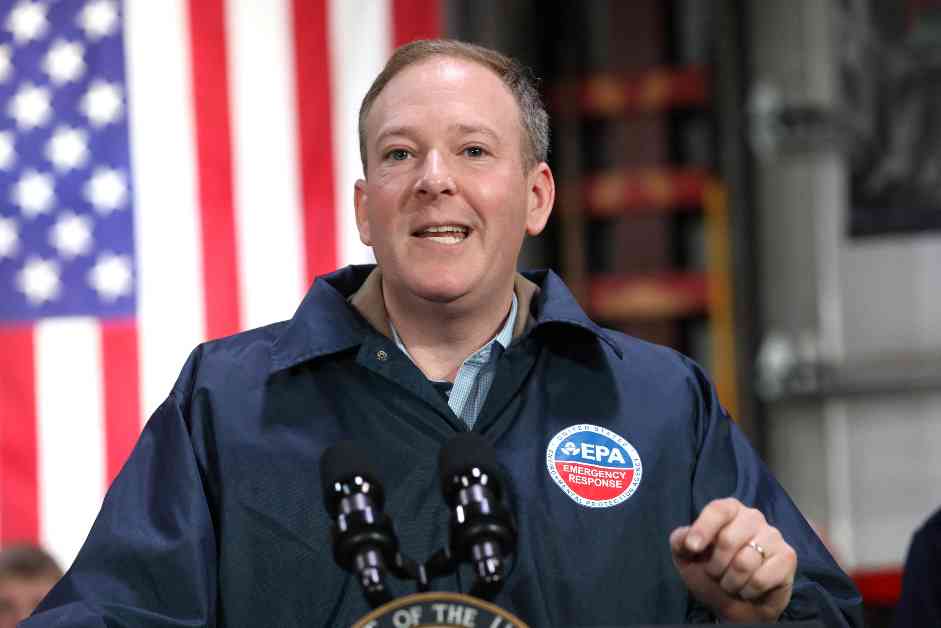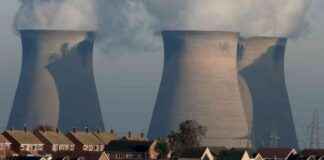Former EPA Officials Denounce Effort to Rescind Climate Fund as Political Maneuver
Former top officials at the U.S. Environmental Protection Agency (EPA) are speaking out against the current leadership’s attempt to reclaim billions of dollars from the Greenhouse Gas Reduction Fund. They argue that the claims of waste made by the agency’s administrator, Lee Zeldin, are merely a ploy to dismantle climate programs that were put in place during the previous administration.
The Greenhouse Gas Reduction Fund (GGRF) lies at the heart of this controversy. Established under the Inflation Reduction Act, the fund was created to accelerate the deployment of clean energy technologies and reduce greenhouse gas emissions, with a special focus on low-income and disadvantaged communities.
Dispute Over Fund Allocation
The GGRF consists of three main components, including the National Clean Investment Fund, which offers $14 billion in competitive grants to attract private financing for climate projects. Additionally, the Clean Communities Investment Accelerator provides $6 billion to community lenders to ensure that clean energy funding reaches underserved areas. Lastly, the Solar for All program allocates $7 billion for expanding solar access and making renewable power more affordable.
On February 12, Lee Zeldin announced his intention to claw back funds from the GGRF, citing reckless spending and a lack of accountability in the grant allocation process. Zeldin’s decision to cancel the agreement with the bank holding the grant money effectively cut off the mechanism for distributing funds. He also referenced a video from the right-wing group Project Veritas that purportedly showed mismanagement in the program.
However, former EPA officials have refuted these claims, asserting that the Treasury Department has long relied on private banks as financial agents and that Citibank, the chosen financial partner for the GGRF, was selected for its expertise in handling such programs.
Impact on Climate Initiatives
Former EPA director Zealan Hoover emphasized that the agency had partnered with the Treasury Department to ensure oversight of the funds, and allegations of mismanagement were unfounded. He pointed out that the administration’s attempt to claw back legally disbursed funds was unwarranted and could disrupt ongoing clean energy projects.
By April 2024, recipients of the $20 billion in grants from the GGRF had already been selected, with significant investments directed towards clean energy projects in rural communities and sustainable agriculture. The funds were intended to finance solar installations, energy-efficient retrofits, and small-business sustainability upgrades.
Meg McCollister, a former EPA regional administrator, highlighted the critical role of these investments in supporting rural economies and securing the country’s food supply. She emphasized that the GGRF was not a partisan initiative but rather a strategic effort to fund essential projects that benefit communities across the nation.
David Cash, another former EPA official, underscored the broader implications of the attack on climate and energy funding, describing it as a direct threat to the fossil fuel industry. He noted that the GGRF aimed to reduce reliance on oil and gas, enhance energy security, and lower costs for families—all of which posed a challenge to traditional energy interests.
In conclusion, the efforts to rescind funding from the Greenhouse Gas Reduction Fund represent a larger pattern of attacks on climate and energy initiatives, with far-reaching consequences for environmental programs and clean energy projects nationwide.














